
HR Breast Cancer
Advertisement
New drugs like vepdegestrant and oral SERDs may reshape HR+ breast cancer treatment with novel mechanisms and CDK4/6 combos.
Dr. Sammons on RLY-2608 plus fulvestrant in HR+/HER2– mBC with PIK3CA mutations: safety, efficacy, and trial updates.
INAVO120 shows OS benefit with inavolisib in PIK3CA-mutated HR+/HER2– aBC, raising new considerations for first-line care.
ADELA trial explores elacestrant + everolimus for ESR1-mutated breast cancer post-CDK4/6, aiming to boost 2L outcomes.
Vepdegestrant improves PFS in ESR1-mutant ER+/HER2- breast cancer, offering a well-tolerated oral option post-CDK4/6.
Stephanie Graff, MD, reviews top ASCO25 breast cancer trials, including ASCENT-04, DESTINY-Breast09, and SERENA-6.
Elinzanetant reduces vasomotor symptoms from endocrine therapy in HR+ breast cancer, with rapid onset and good tolerability.
AI-powered TIL analysis may predict pCR and survival outcomes in HR+/HER2– breast cancer treated with neoadjuvant chemo.
About 1 in 10 patients with high RS early HR+/HER2- BC decline chemo, which is tied to worse overall survival, per ASCO data.
Imlunestrant improved quality of life and physical function in patients with ER+/HER2– breast cancer in the EMBER-3 trial.
Inavolisib + palbociclib + fulvestrant extends OS and delays chemo in PIK3CA-mutant HR+/HER2- advanced breast cancer.
Imlunestrant plus abemaciclib improved PFS across subgroups in ER+/HER2- breast cancer, per EMBER-3 data.
Abemaciclib plus fulvestrant showed benefit across biomarkers after CDK4/6i failure in advanced HR+/HER2- breast cancer.
About 40% of patients on AI + palbociclib developed ESR1 mutations in PADA-1, emerging as early as 6 months into treatment.
Dual immunotherapy plus trastuzumab shows activity in ER+ or PD-L1+ trastuzumab-resistant HER2+ breast cancer.
T-DXd improved PFS and response rates vs chemo in HR+/HER2-low or -ultralow metastatic breast cancer in DESTINY-Breast06.
Ribociclib plus ET shows similar pCR rates to chemo in intermediate-risk HR+/HER2– early breast cancer, per WSG ADAPTcycle.
PALMIRA trial shows limited benefit of palbociclib rechallenge in HR+/HER2- breast cancer, guiding future treatment choices.
Real-world data reveal varying efficacy of CDK4/6 inhibitors in HR+/HER2- aBC, supporting personalized treatment choices.
New staging model links treatment response to survival, refining breast cancer prognosis after neoadjuvant chemotherapy.
Advertisement

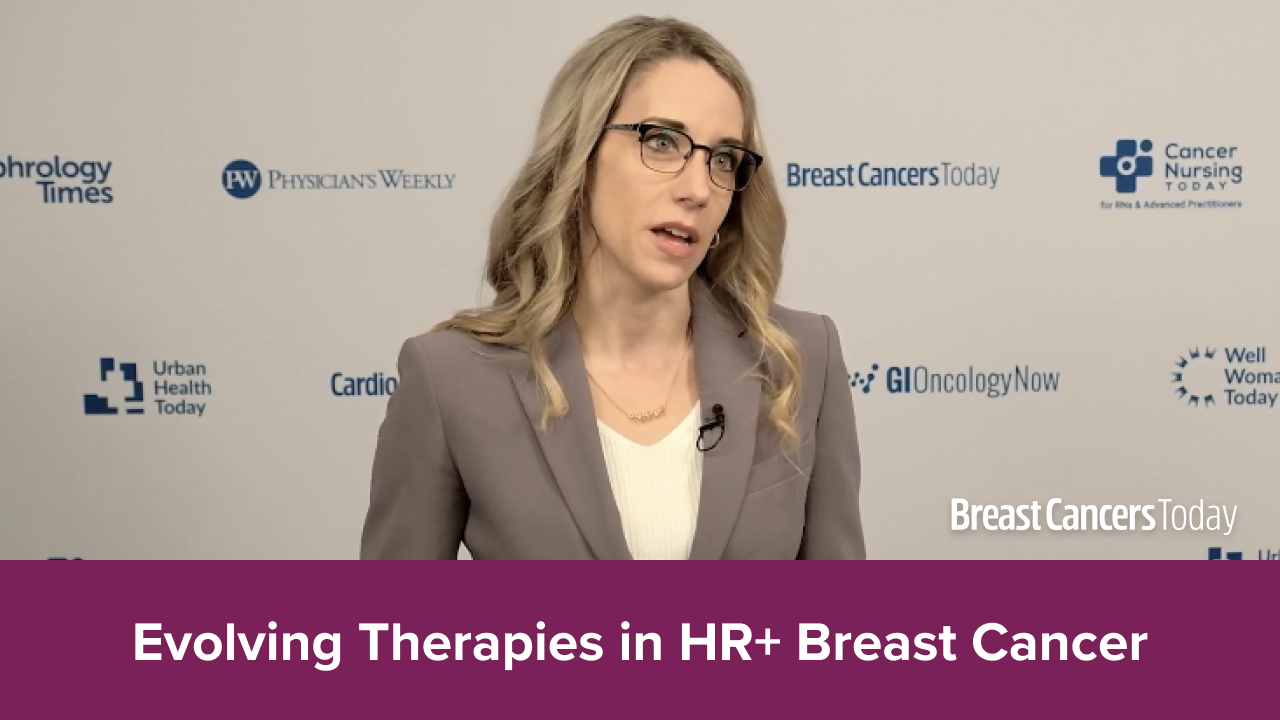

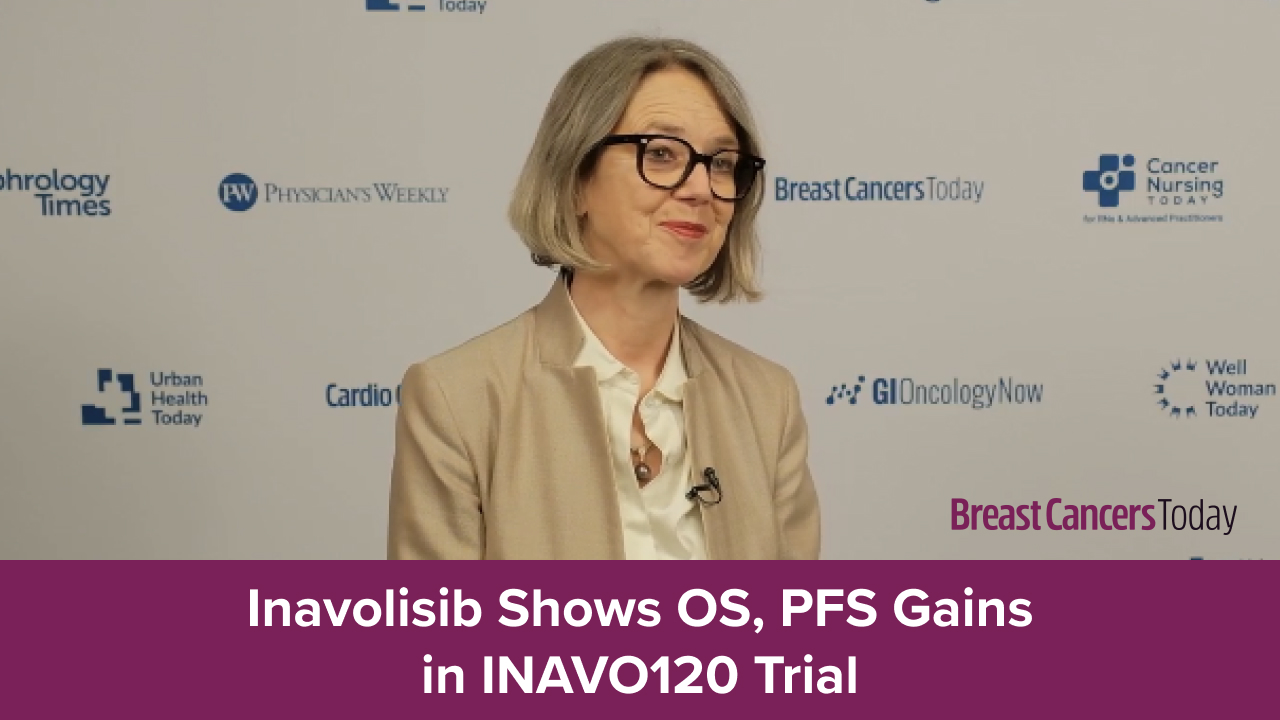
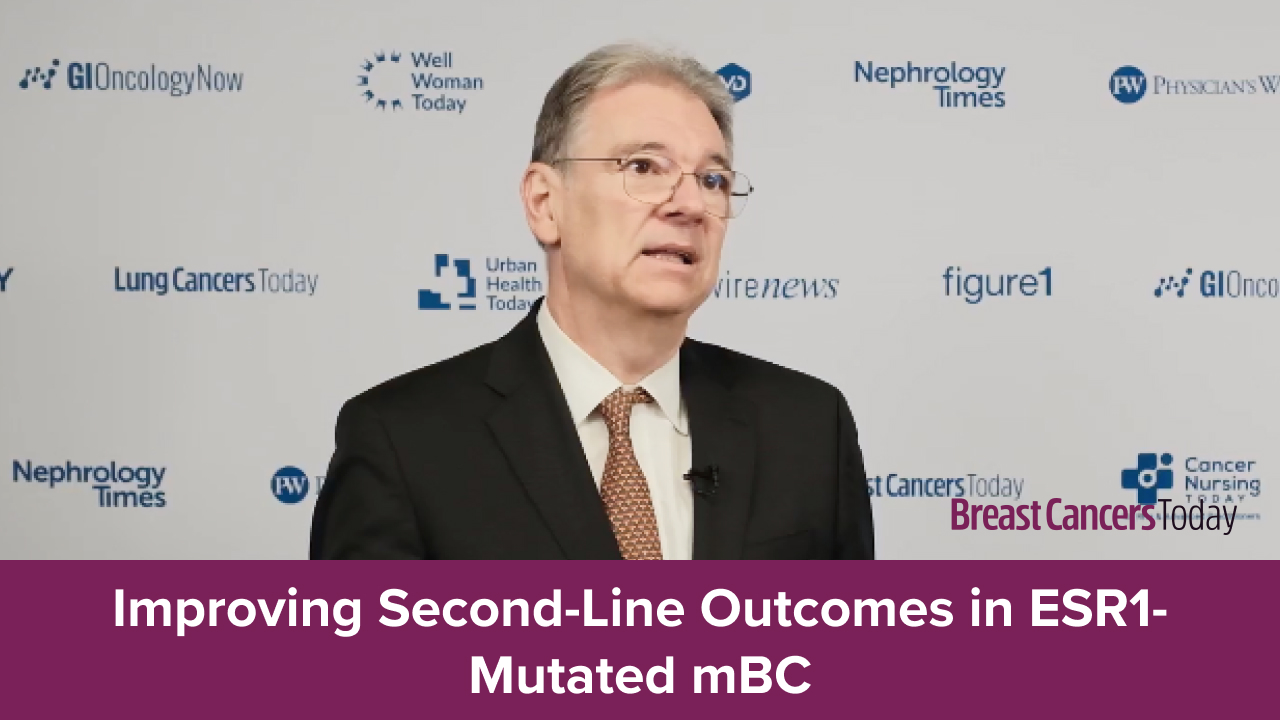
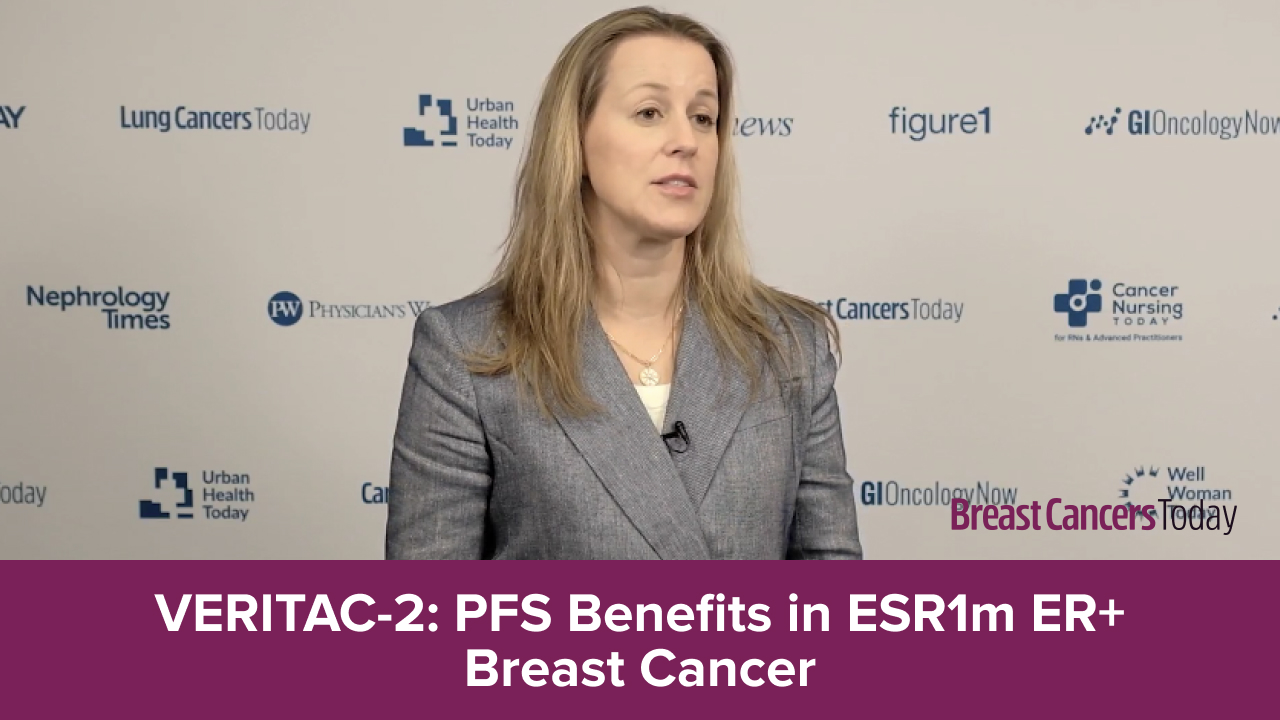
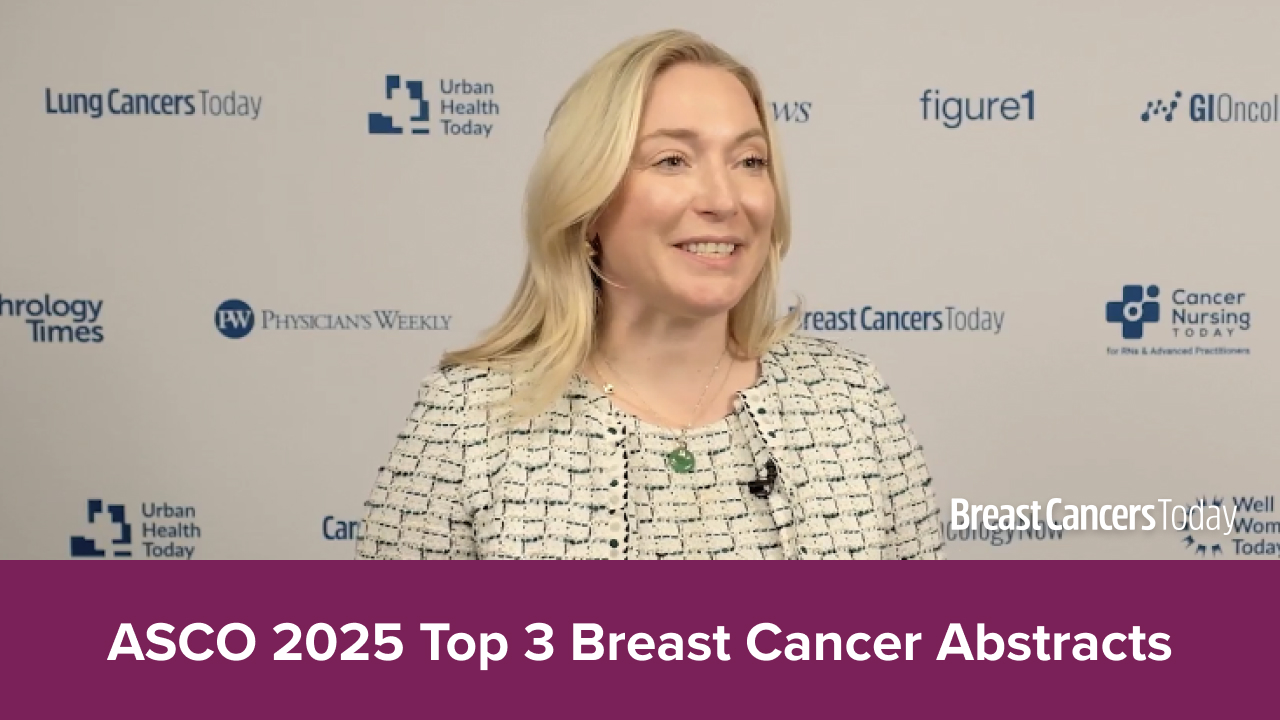



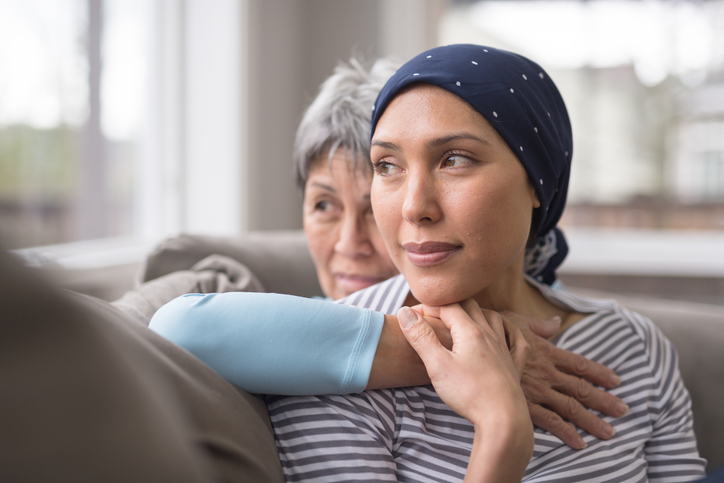


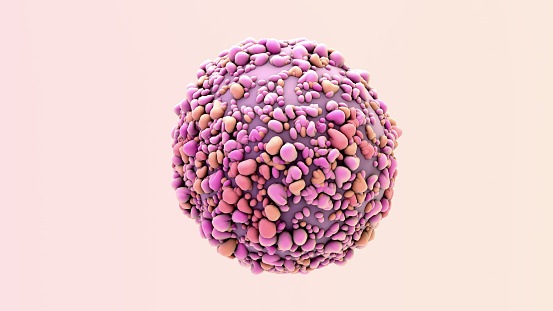

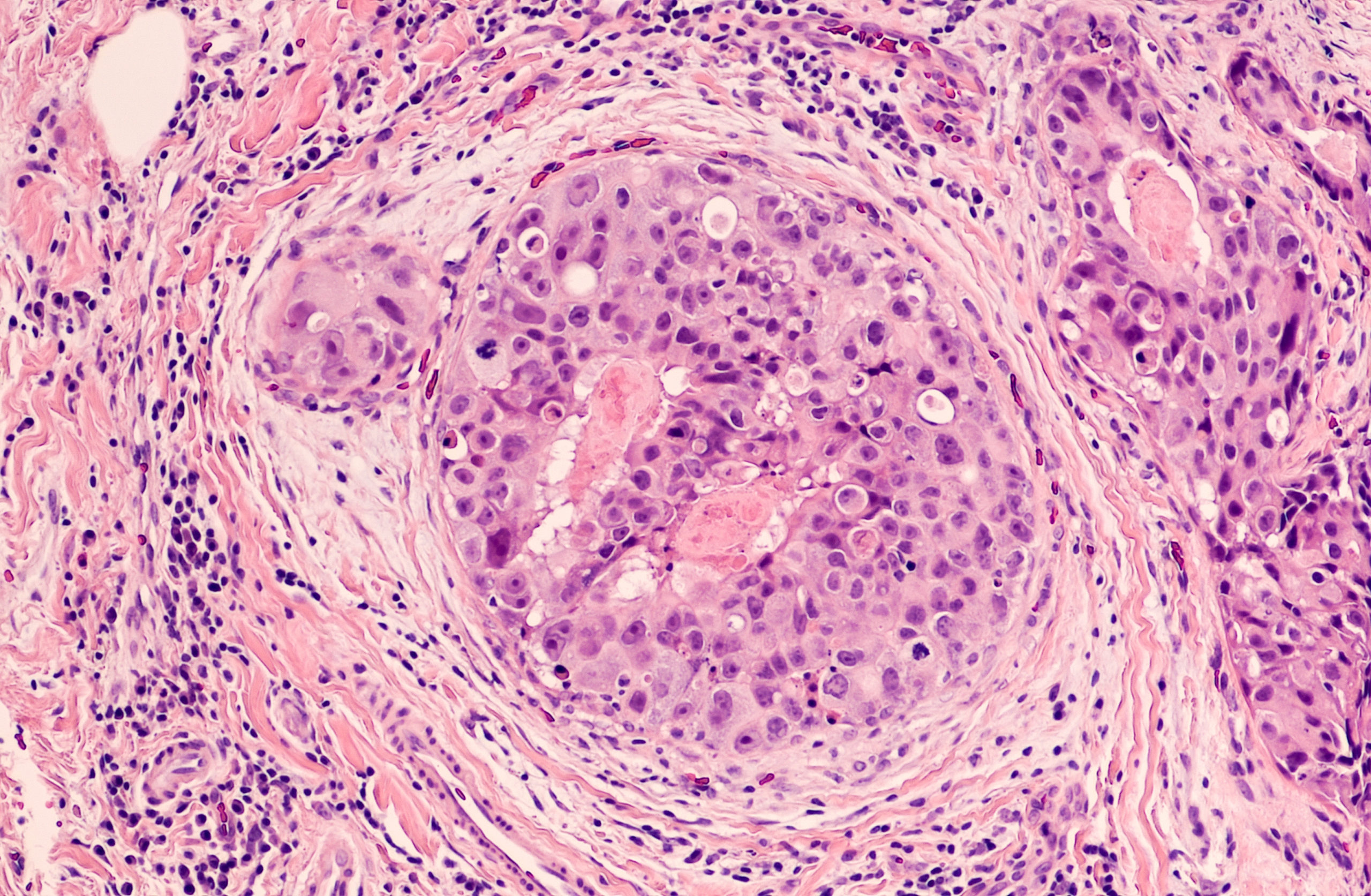
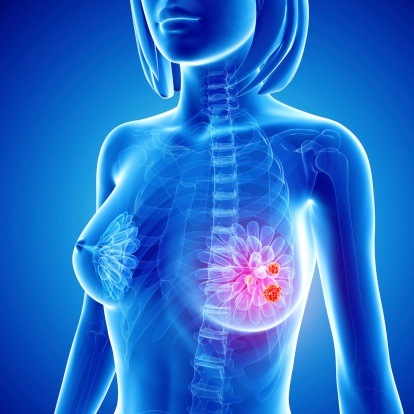



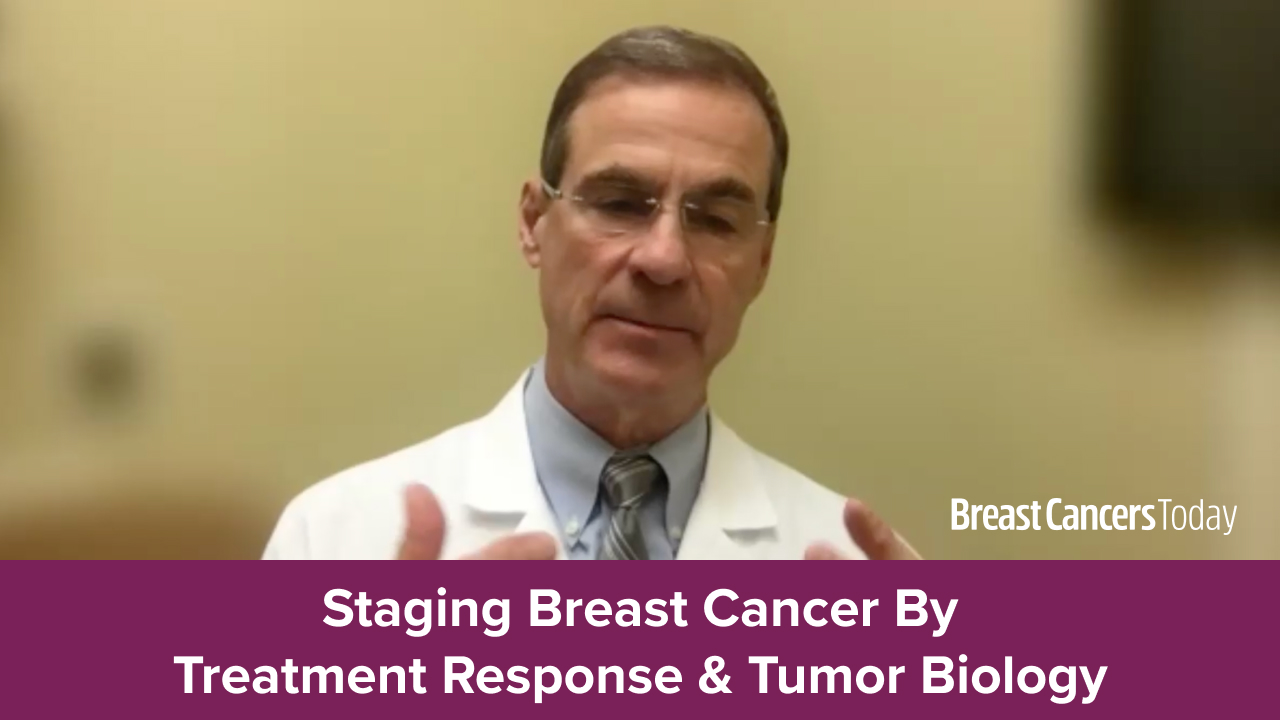

 © 2025 Mashup Media, LLC, a Formedics Property. All Rights Reserved.
© 2025 Mashup Media, LLC, a Formedics Property. All Rights Reserved.